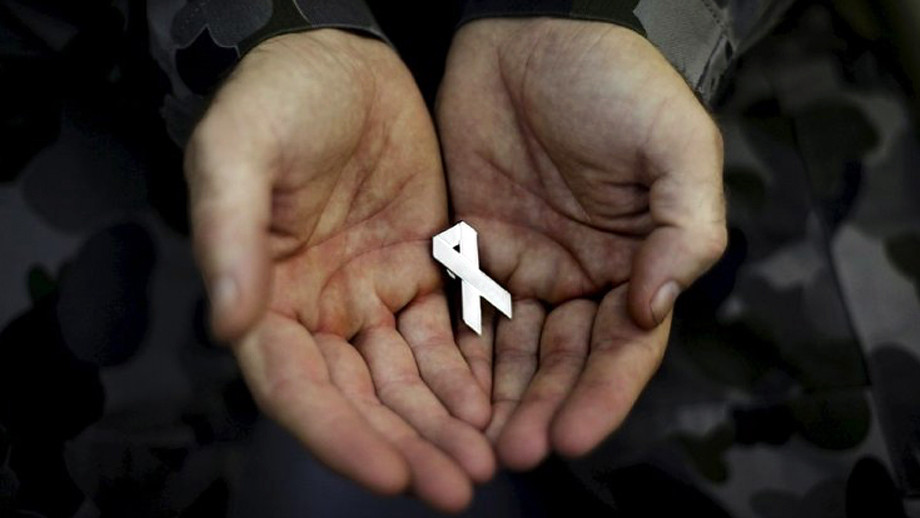Relationship issues
Quality relationships enrich your life, but gaining and maintaining good relationships is a skill that requires effort. If you want more out of your relationships, Open Arms can help.
Problems in relationships
Relationship issues are one of the most common reasons people seek Open Arms counselling. Struggling to get along with people can be one of the first signs of other problems.
You might need some support to help get your relationships back on track if you:
- don’t feel like talking to people
- don’t feel motivated to reach out to people or spend time with them
- feel uncomfortable sharing things that are on your mind
- don’t want to burden your friends and families with your concerns
- try and talk about your problems, but just end up arguing.
If you are regularly yelling or getting into fights, or experiencing more serious signs of conflict, you might need help with controlling anger and violence.
A vicious cycle
Living with stress and unpleasant moods doesn’t just affect the way we feel about ourselves. It also affects the way we interact with other people.
Because our friends and family are so important for our wellbeing, not getting along with them can mean we’re left with no supports. People often describe a vicious cycle of needing support from those around them, but pushing them away and becoming more isolated.
Underlying issues
For some veterans and serving members, relationship problems can be related to:
Understanding and addressing the underlying issue will assist your relationship.
Get help
- Open Arms provides free and confidential 24/7 support to veterans and their families. Call 1800 011 046 and start a conversation.
- Relationships Australia offers a broad range of services to individuals, families and communities throughout the country. Core services include counselling, mediation, and family dispute resolution. Contact your state-based Relationships Australia service on 1300 364 277.
- The Raising Children Network provides resources for parents such as tips for setting limits or helping children deal with separation.
See also
-

Family and domestic violence
We define family and domestic violence as conduct that is violent, threatening, coercive, controlling or intended to cause the family or household member to be fearful. It can include many forms, none of which are mutually exclusive. -
 Group programBuilding better relationships
Group programBuilding better relationshipsA program to help you rediscover what's important in your relationship and to rebuild a relationship with your partner.
-
 Education workshopResidential lifestyle management
Education workshopResidential lifestyle managementA program to help improve wellbeing and enhance relationships.





